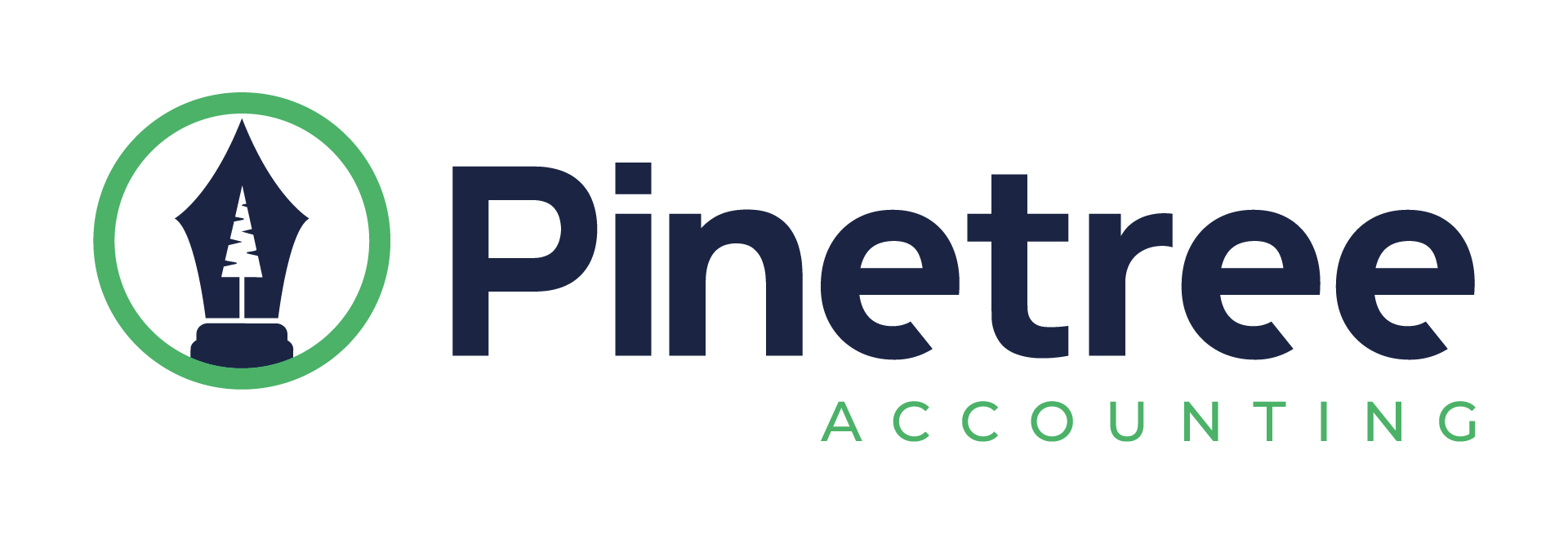A Comprehensive Guide for Local Businesses
Running a company in Hong Kong—whether it’s a small start-up in Tsim Sha Tsui or a well-established enterprise—requires diligent financial oversight and strict compliance with statutory requirements. One of the most critical obligations is conducting an annual audit. But how long does an audit actually take in Hong Kong? In this guide, we’ll break down the audit process, highlight the factors that influence audit timelines, and provide valuable insights to help you streamline the procedure. We’ll also share practical tips and reference specialized services offered by Pinetree Accounting Services to ensure your company remains compliant and efficient.
Understanding the Audit Process in Hong Kong
Statutory Requirements and Key Regulatory Bodies
All incorporated companies in Hong Kong are required under the Hong Kong Companies Ordinance (Cap. 622) to prepare audited financial statements annually. These audited statements must be presented at the company’s Annual General Meeting (AGM) and subsequently filed with the Inland Revenue Department (IRD) as part of the profits tax return. Non-compliance can lead to penalties, fines, and even legal repercussions.
The auditing landscape is overseen by several regulatory entities, including:
- Hong Kong Companies Registry: Manages company formation and statutory filings.
- Inland Revenue Department (IRD): Oversees tax filings and ensures audited accounts align with taxation obligations.
- Accounting and Financial Reporting Council (AFRC): Monitors the quality of audits and enforces disciplinary actions against auditors who fail to meet professional standards.
Core Stages of the Audit Process
A typical Hong Kong audit follows these key steps:
- Planning and Preparation: The auditor reviews engagement terms, assesses internal controls, and determines the scope of work.
- Data Collection and Examination: Auditors analyze financial records, transaction documents, bank statements, invoices, receipts, and other relevant accounting data.
- Verification and Compliance Check: Auditors verify that the financial statements comply with Hong Kong Financial Reporting Standards (HKFRS) and statutory requirements.
- Report Finalization: After resolving queries and discrepancies, the auditor issues the audit report, which forms part of the statutory financial statements.
Factors Affecting the Audit Timeline
The duration of audits for Hong Kong companies can vary widely. While small and medium-sized enterprises (SMEs) may complete an audit in as little as 4–6 weeks, larger corporations can expect the process to stretch between 8–12 weeks or longer. Key factors include:
- Company Size and Complexity:
- SMEs: With fewer transactions and simpler structures, SMEs typically see shorter audit durations, often around 4–6 weeks.
- Large Corporations: Extensive operational complexity and diverse revenue streams can push the timeline to 8–12 weeks or more.
- Financial Record Quality:
Organized, accurate financial records reduce the back-and-forth between company management and auditors. Engaging professional bookkeeping and accounting services can ensure that your financial data is always in order, potentially cutting weeks off the audit duration. - Industry-Specific Factors:
Certain industries—like financial services or logistics—may have more intricate compliance requirements, thus extending audit timeframes. - Internal Controls and Management Responsiveness:
Effective internal controls, timely responses, and proactive communication can streamline the audit process. Delays in submitting requested documents or clarifying discrepancies can add days or even weeks. - Regulatory Filing Deadlines:
Coordinating the audit process with statutory deadlines for tax submissions to the IRD is critical. Missing these deadlines could result in penalties, so timely audits are paramount.
Typical Audit Timelines for Hong Kong Businesses
| Business Type | Typical Audit Duration | Key Influencing Factors |
| Small Enterprises | 4–6 weeks | Organized records, simple structure |
| Medium-Sized Businesses | 6–8 weeks | Transaction volume, timely responses |
| Large Corporations | 8–12+ weeks | Operational complexity, global reach |
Numerical Context: In 2021, Hong Kong-listed companies collectively paid approximately HK$13.1 billion in total audit fees, a 6% increase from HK$12.4 billion in 2020. Despite the increasing complexity of operations, average inflation-adjusted audit fees have actually declined by 20% since 2010. This suggests efficiency gains in audit procedures but also rising expectations for streamlined financial management.
Streamlining the Audit Process
Implementing best practices can greatly reduce the time and cost associated with Hong Kong audits. Consider these strategies:
- Maintain Organized Records Year-Round:
Regular updates to your financial documents—such as sales invoices, payroll records, and expense receipts—will expedite the audit. Utilizing services like Book-keeping and Accounting ensures consistent financial integrity throughout the year. - Engage Corporate Secretarial Services:
Proper corporate governance and maintaining statutory records are crucial for a smooth audit. Corporate Secretarial Services can ensure compliance with the Companies Ordinance, facilitating a faster audit turnaround. - Plan Ahead for Company Formation and Growth:
If you’re just setting up your business, efficient Company Formation services help establish a solid foundation, including clear record-keeping and compliance frameworks that reduce audit complexities later. - Utilize Expert Audit Arrangement Services:
Professional Audit Arrangement services can streamline everything—from selecting a suitable auditor to guiding you through the entire audit. Expert intermediaries understand local regulations and can help preempt common pitfalls. - Align Audits with Tax Filings:
Since audited financial statements are integral to annual tax return submissions, coordinating audits with your Tax Returns filings is smart. Doing so reduces the risk of delays, penalties, and the need for supplementary reviews. - Ensure Compliance with Immigration Documents (if Applicable):
Companies employing foreign talent may need special documentation. Staying updated on Immigration Documentation Assistance helps ensure that employment and sponsorship records are accurate and easily verifiable, thus avoiding audit-related complications. - Leverage Technology and Internal Controls:
Invest in accounting software and robust internal control systems. Regular staff training and periodic internal reviews can significantly reduce errors, increasing audit efficiency. The AFRC has noted that improved audit quality in recent years is partly due to enhanced internal controls and better management accountability.
Connecting Audits, Tax, and Compliance
A key function of annual audits is ensuring the accuracy of financial data used in tax filings. The IRD relies on audited financial statements to verify profits tax obligations. Missing deadlines for your Profits Tax Return, which usually falls around 4–9 months after the fiscal year-end depending on your accounting date, can result in penalties ranging from a few thousand Hong Kong dollars to more severe consequences, such as increased scrutiny or audit investigations.
For example, the IRD may impose a penalty of up to HK$10,000 plus treble the amount of tax undercharged if you fail to file accurate returns on time. Keeping audits and tax filings in sync not only ensures compliance but also preserves your company’s reputation and minimizes financial risk.
Local Expertise Matters
Engaging a firm familiar with Hong Kong’s unique regulatory environment can provide a competitive advantage. At Pinetree Accounting Services, conveniently located near Tsim Sha Tsui, you can benefit from professional guidance on everything from setting up internal controls to managing the entire audit arrangement process. Experienced local advisors understand the intricacies of the Hong Kong Companies Ordinance, the expectations of the AFRC, and the requirements of the IRD, resulting in a more seamless audit experience.
Conclusion: Achieving Efficient Audits in Hong Kong
The length of an audit in Hong Kong depends on multiple factors—company size, complexity, record quality, and responsiveness. With SMEs typically taking around 4–6 weeks and larger corporations often extending to 8–12 weeks or more, efficient preparation is key.
By maintaining organized records, leveraging professional services like Book-keeping and Accounting, Corporate Secretarial Services, and Audit Arrangement, and ensuring compliance with all statutory requirements, you can significantly reduce the time and effort involved. Whether you’re forming a new company or restructuring an existing one, local experts in Tsim Sha Tsui and beyond can streamline the process—from company formation and payroll management to tax filings and immigration documentation.
Ultimately, a well-planned and executed audit is not just a regulatory box to tick—it’s an opportunity to verify your company’s financial health, demonstrate compliance, and build trust with stakeholders. For personalized guidance on navigating Hong Kong’s audit landscape, reach out to Pinetree Accounting Services today.







